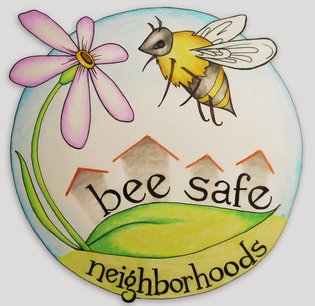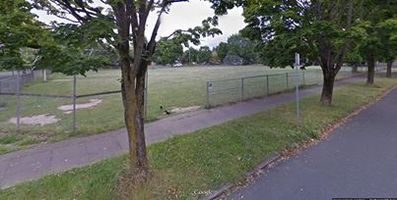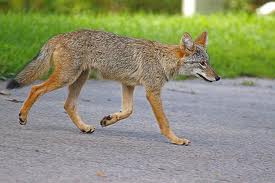|
It's great to hear about other communities that are promoting bee-friendly gardening. North-central Colorado, which includes Denver and Boulder, have started a project very similar to the Sabin Bee-Friendly Garden Project. The folks in Colorado are working on a project to "create living spaces where honey bees and other pollinators can propagate without the effects of toxic chemicals." The Bee-Safe Neighborhoods project aims to "increase safe habitats for honey bees by landscaping with safe plants (uncontaminated by neonicotinoids or systemics) that can provide pollen and nectar to pollinators through spring, summer and fall."
To participate in Sabin's bee-friendly garden project, contact Diane Benson at [email protected]. Learn more about the project here.
1 Comment
Here are some simple things you can do to attract and protect pollinators, including native bees, in your garden, courtesy of KATU and Metro's Carl Grimm... SCA is calling a Special Board Meeting to discuss the Sabin School field renovation project and vote on whether or not SCA will write a letter of support for a $20,000 grant request the field committee has made to the Nike Employee Grant Fund.
The SCA Board did not have enough information or enough time on January's board meeting agenda to discuss and vote on a letter of support for the project. With the final project work plan forthcoming early next week, we ask board members and community members alike to review the plan and join the discussion. It seems simple - the field is rutted and muddy and needs fixing. It gets complicated because "tickle bees" live under ground in Sabin's field and Sabin LOVES bees, especially tickle bees for so many ecological and warm-and-fuzzy reasons. The rub comes in not knowing how the renovation will impact the bees and designing a project work plan that is effective at incrementally evaluating and responding to impacts. If you are interested or passionate about this, please come join the conversation! SCA Special Board Meeting Wednesday, January 22 8:00-9:00 PM 3739 NE 16th Ave
Urban coyotes primarily consume rodents, but they also eat garbage, compost, pet food, fruit and vegetables from gardens, birds, insects and the occasional free-roaming cat or small dog, according to the Audubon Society of Portland. They live in burrows, under fallen trees, in brambles and other spaces that some offer protection from the weather.
According to Audubon, "There has only been one human death attributed to coyote predation in the United States. This occurred in California in the 1970s when a coyote that had been deliberately habituated to human handouts preyed upon his human feeder's three-year-old child. In Oregon the only documented "attack" on a human was a provoked situation in which a man was bitten while attempting to beat a cornered coyote to death with a 2x4. Those incidents that have occurred nationwide most often fall into the category of nips, bites and scratches rather than predatory attacks and almost always follow situations in which the coyote has been deliberately habituated to human handouts." If you don't purposely feed coyotes, you're unlikely to have problems with them. You can also take these steps to avoid feeding them unintentionally: * secure trash and compost bins * remove fruit that has fallen from trees * keep pet food and small pets indoors * eliminate opportunities for rats to breed in or around your yard If you see a coyote in Portland city limits, you can report it to the Urban Coyote Project, a collaborative effort between Portland State University geographers and Portland Audubon Society, by filling out an online form. The purpose of the project is to learn more about urban coyotes and how people respond to them. |
Categories
All
Archives
September 2023
|




 RSS Feed
RSS Feed
